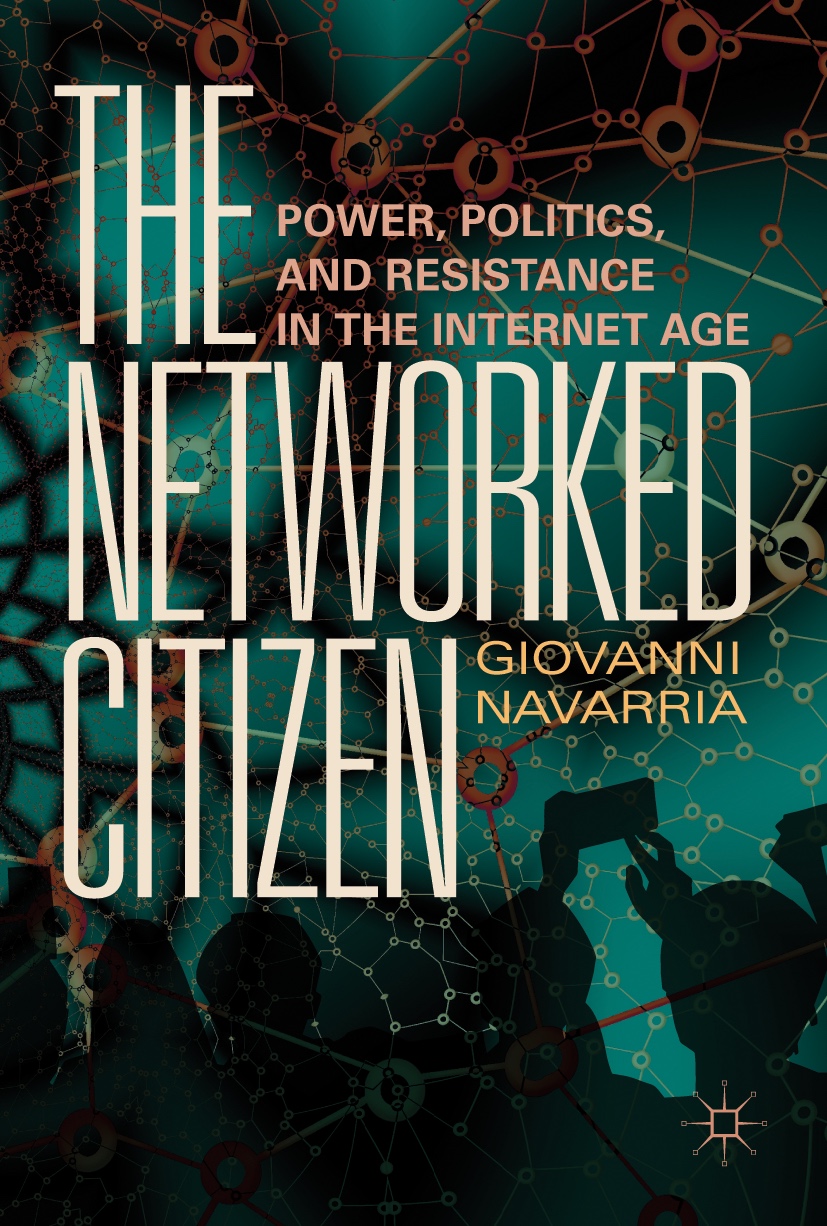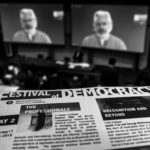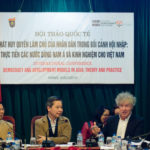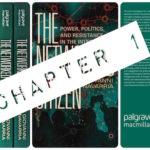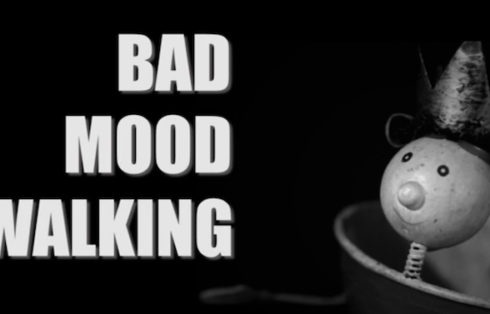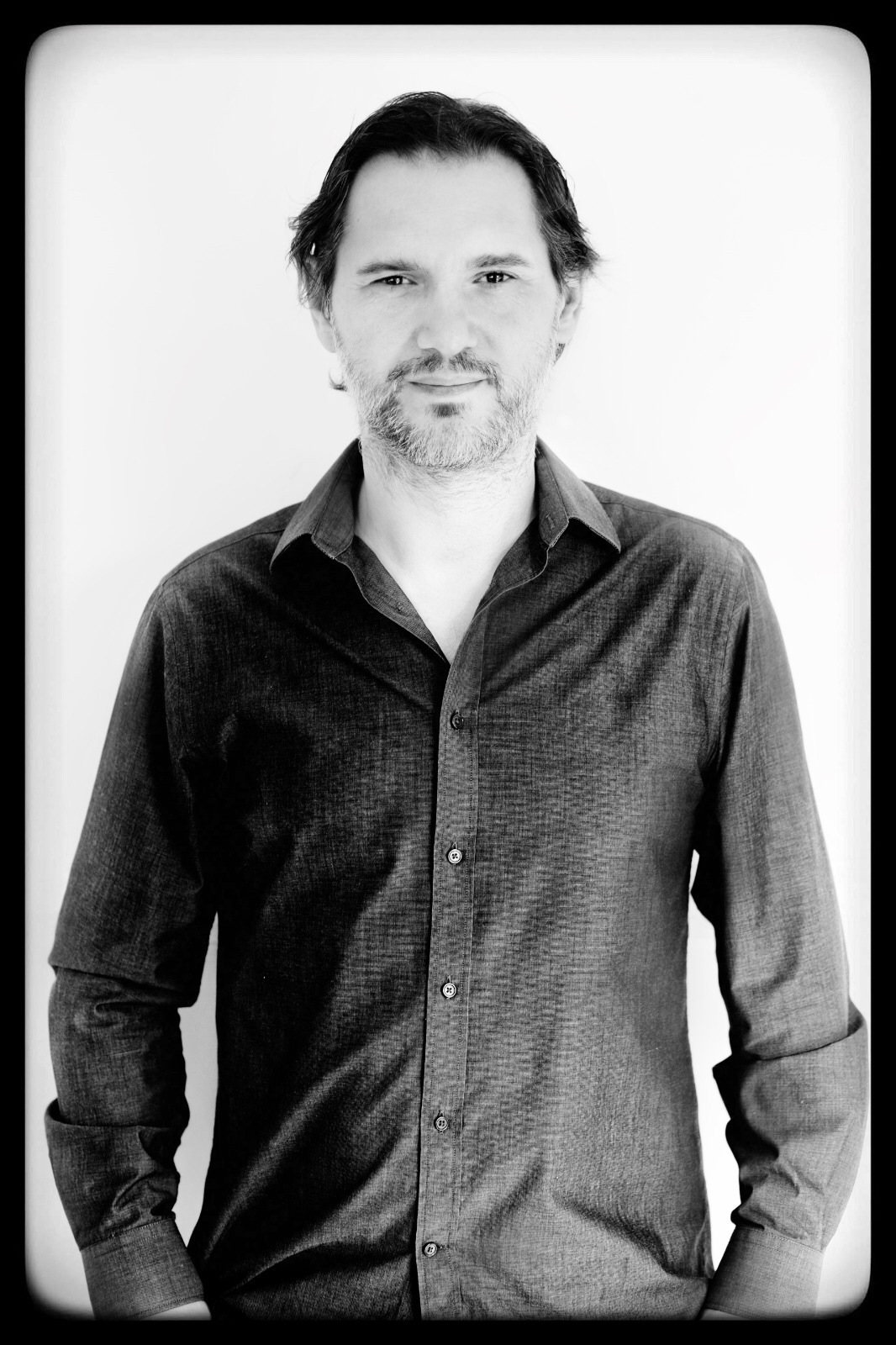After Iowa 2016
After Iowa: why elections matters in the age of networked politics
First published February, 3, 2016 on Networked Politics, my column on The Conversation.
This article is part of the Democracy Futures series, a joint global initiative with the Sydney Democracy Network. The project aims to stimulate fresh thinking about the many challenges facing democracies in the 21st century.
6:00 AM and the alarm goes off. In Sydney it’s Tuesday, February 2nd, but in Des Moines, Iowa, it’s still Monday. I wake with a start. The day of the caucus has come.
Finally, after months of endless debate and mountains of cash spent on often risible or tasteless advertisements, it’s time (at least for the people of Iowa) to choose which Democratic and Republican candidates deserve the nomination to run for President of the United States this November.
The outcome, in both camps, is everything but certain. A quick scroll through some of the main media outlets (ABC, BBC, New York Times, even Fox News) reveals an undoubtedly tangible tension in the US, and we have latched onto the suspense. Perhaps I should skip coffee and make some popcorn instead. It feels as if the winners in Iowa will win much more than the few delegates the Iowans will send to the national convention (a meagre 1% of the overall number).
While browsing through the headlines, I catch myself wondering, is this really the first stop in the long march towards the US presidential election? Or is it the season premiere of Game of Thrones? Is it the Iowa caucus that everyone is fighting for, or is it the Iron Throne?
Who will win in the end? Hillary, the Ice Queen from Casterly Rock, or Bernie, the Old Wise Man from beyond the Wall? Will it be Donald, the Braavoso Merchant with the orange head? And what about Ted, a Great Master from Meeren? Or Jeb, the younger brother of a fallen King?
It’s hard to say at this stage, and though some already seem to be out of the race, others keep on fighting. There are still many contestants, but, as far as I can see, no Stark or Dragon Queen in the race. What a shame! Jon Snow or Daenerys Targaryen would have certainly given the US presidential race a different kind of taste.
Even if it is not the ultimate battle for the Iron Throne, a victory in Iowa is not without importance. Iowans are not clairvoyants, their choice is not always a guarantee of ultimate success. In 1992 Bill Clinton came fourth, earning a paltry 2.8% before serving a two-term presidency, and in 2008, the Republicans chose Mike Huckabee and Mitt Romney over John McCain, who would eventually go on to win the nomination. At best one can say that Iowa has had mixed success when it comes to choosing the final nominee for either party.
Nevertheless, the stakes are high. Iowa is an important stage in the long race toward the final nomination: a defeat can deflate overhyped expectations, just as a resounding victory can bring in money and media exposure, possible lifelines for a stuttering candidate.
As it stands, despite the early morning hype, my only concern is that this ending might not be an unforgettable cliff-hanger, and instead be as unimaginative and disappointing as the final episode of Lost.
Late Evening
The race is over, at least in Iowa, for the Republicans. For the Democrats, things are still uncertain. The Ice Queen may have kept a very thin edge over the Old Wise Man; the Grand Master of Meeren, on the other end, has definitely defeated the Merchant from Bravoos. It is a mildly surprising result.
The pollsters had indicated Clinton and Trump as possible winners with a margin of about 3%. However, Hillary Clinton was neck and neck with Bernie Sanders until the very end, with most commentators calling it a virtual tie that was so close that six districts had to be decided with a coin toss. The battle on the other side of the political spectrum was a bit clearer: Ted Cruz won by more than a 3% margin.

While losing Iowa isn’t great news for Sanders and Trump’s supporters, their candidates are still very much in the race. Sanders showed that the latest polls were correct: the 18 point gap between him and Clinton, the democratic frontrunner last August was virtually nil when the Iowans went to vote on Monday. And Cruz’s victory, though surprising, was due not to a fiasco of Mr Trump’s campaign but to ‘a surge of support from evangelical Christians’, which he may not be able to rely on in other states.
Should we care?
As Sydney’s Tuesday approaches sunset, the Iowans get ready for bed, one of my oldest friends asks me, very politely, ‘why do you care?’.
He has a point. I am not American, so, academic interest aside, I should have no reason to care about this election. However, the problem my good friend fails to grasp is that despite what it often looks like, American Politics is not another TV series.
Netflix’s House of Cards is a great show (at least it was in the first two seasons) but I seriously doubt the American Congress is as entertaining – and I have some issues imagining Obama as Frank Underwood.
Even George W. Bush doesn’t fit the bill, perhaps Dick Cheney would be a better candidate for a real-life Frank.
More seriously, the disappointment of a television series ending (like Lost) is easy to shrug off: a regrettable and considerable waste of my time and my brain’s energy, but nothing else. The after taste of whoever ends up sitting in the Oval Office after this election might be a bit more difficult to wash away.
Indeed, the choice of president in the United States could have very dire consequences for us all. Whatever our political beliefs are and wherever we live in the world, what happens in America will play an influential role in shaping our present and future, whether we like it or not.
Amazon Studios has recently produced and released The Man in the High Castle, a television adaptation of a 1963 dystopian alternative history novel by Philip K Dick. Both the novel and the series are based on a very simple idea: President Franklin Roosevelt is assassinated in 1933 and never led America out of the Great Depression and to victory against the Axis powers in World War Two. In fact, Germany and Japan end up colonising the US, aptly renamed the Greater Nazi Reich and Japanese Pacific States.

We don’t have to go that far, and it is arguable how much leverage leaders can exert in contemporary politics (probably much less than the common people believe), but let’s ponder for a second or two what ‘this life of ours’ may have been like if at the end of the heavily contested US presidential election in 2000, the hanging chads had fallen and Florida had gone to the rightful winner. Might we now live in a world with fewer wars? Might the situation in the Middle-East be different? Might millions of refugees still have a home to live in? Perhaps Al Gore’s presidency would have been more diplomatic, or perhaps not. We will never know. George W. Bush became President and the rest is all (alas, not alternative) history.
When I think of Florida I remember the somewhat outrageous proposal an esteemed colleague of mine at the University of Sydney made when speaking to some students about the US elections. He argued that everyone in this world should have the right to choose the next American president. One person, one vote. Universal suffrage – globally, not just for Americans. What would the turn out be? 3 Billion? 4? How long would the election last? And what would be the result? It’s hard to say.
For some students, especially those from the US, the idea sounded sacrilegious, but in my opinion it was certainly not without merit. My colleague had hit the proverbial nail on the head: though we apparently still live in a world of relatively fixed boundaries, where passports and visa permits have great value; a world where politicians who compare Muslims praying in the street to the Nazi occupation of France, use the war-rhetoric of ‘us’ versus ‘them’, propose forced ‘deportation’ to remove illegal immigrants and promise to build walls to keep them out have very good chances of winning elections, when we delve into the issue, we find that such discussions are counter-intuitive anachronistic remnants of an age gone by.
The likes of Trump, Cruz or Marine Le Pen in France or Geert Wilders in The Netherlands might believe that their world can be closed off from anything they perceive to be ‘dangerous’ or ‘alien’ to their core values, but the truth is quite the opposite. We live in a world of permeable boundaries. This permeability applies to physical borders as much as to economic, cultural and communication spheres.
Today, in our different continents and different countries, lives are shaped by increasingly networked politics at micro, meso and macro level. What we do, where we go, what we wear, what we drive, which websites we visit, which Facebook pages we like and indeed the name we cross on the ballot can all have long-term repercussions on the quality of life of others, others who are unknown to us and yet influenced by our choices.
Think of the issue of climate change: the policies that China, America and even Australia choose to follow matter to the lives of many others outside of their heavily guarded territorial borders. Such choices of a few go on to shape our collective futures.
Keeping a vigil eye
The Iowa caucus and my colleague’s idea about a global suffrage for the American presidential race remind us that elections are hardly ever empty signifiers of an apathetic society. The whole spectacle and the ritual of going to the poll and casting a vote is, in itself, always a great reminder of what it means to be political – of who decides who gets what, when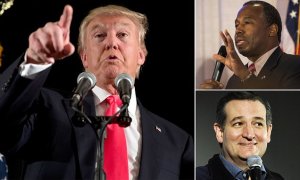 and how.
and how.
Elections are important. Surprisingly, against the cynical view that they have no value, elections mean something to a lot of people, especially in times of crisis. The spectacle of the ‘jubilant throng of tens of thousands of citizens’ welcoming Tsai Ing-wen outside her headquarters in Taipei few weeks ago, after becoming Taiwan’s first woman president, is just the most recent example of the powerful wide-ranging appeal of elections. When they work well people feel truly empowered and the world of politics no longer seems so rotten. Nonetheless, elections are double-edge swords because they have the potential to afford power to the wrong people. The memory of the long term consequences of the German general elections of 1933 is not yet so lost in time to have been forgotten. But it is not only about the past, populism of the worst kind is once again on the rise, not only in America. Ted Cruz and Donald Trump have plenty of clones elsewhere. The fear of losing the next electoral contest is pushing some European governments toward harsh and rather questionable policies. Countries such as Sweden, Denmark or Holland, usually making headlines for topping the list of best-quality-of-life indexes, have recently come under fire for trying to win what the New York Times called ‘a race to the bottom among European countries to see who can be the least welcoming to asylum seekers’.
Under constant pressure from national far-right movements on how to deal with the refugee crisis, the government of Sweden plans to expel more than 80.000 refugees; Denmark instead just passed a new bill to seize money from refugees to pay for subsistence’s costs; the Conservative government of the Netherlands, as part of a new tougher approach on immigration, plans to force all asylum seekers ‘to sign a declaration saying they will uphold Dutch values (for instance by being a good neighbour and learning to speak Dutch) or be fined up to €1250 and have their residency revoked’.
The Iowa caucus’ results, Ted Cruz or Donald Trump’s radical policies on immigration or the European governments’ growing inability to deal humanely with the refugee crisis remind us of a simple fact: those we elect can either repress us or reinvigorate the public sphere by giving us hope; they can help make this world a better place. They help us change direction. But the wrong choice can make this world hell for a lot of innocent people.
These are bleak times for those who dare to dream a better world, one without differences, hunger or hatred. So perhaps it is time to start keeping a vigil eye at what goes on elsewhere, even if it is a mildly insignificant caucus on the other side of the globe in a country that is not mine for an election in which, though I cannot vote, I can still take stand for or against. It is time, for each and every one of us, to get out of our cocoon and fully embrace our role as networked citizens of a networked world.

